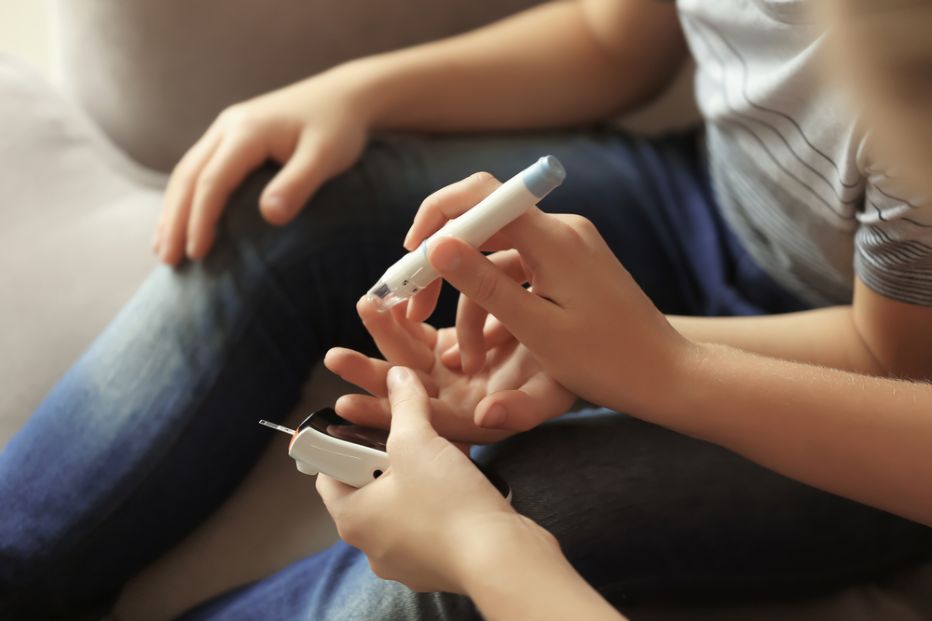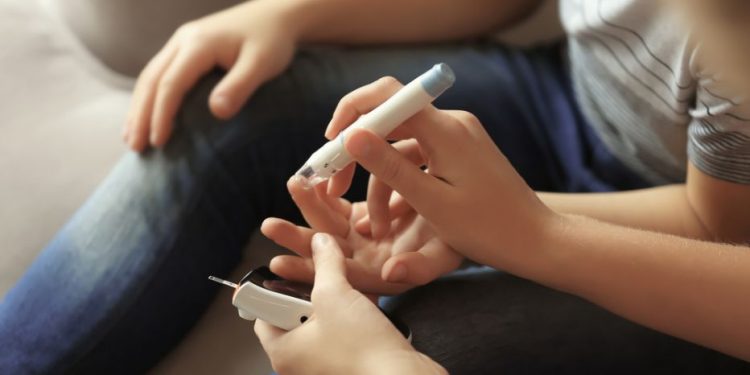Diabetic Ketoacidosis symptoms include excessive thirst, frequent urination, nausea and vomiting, stomach pain, weakness or fatigue, shortness of breath, fruity-scented breath, confusion, and lethargy. These symptoms should be reported to your doctor as soon as possible, especially if they aren’t relieved by fluids and medications.
Untreated diabetic ketoacidosis can cause a dangerously high acid level in the blood, which can lead to unconsciousness and death. The condition is usually caused by low insulin levels, but can also occur if your body doesn’t use insulin as it should or if you take too much of a medicine that changes how your body handles sugar.
Your doctor will give you a test to check your blood and urine for acid. They may also test for kidney and electrolyte function. The blood test can tell if you have DKA, but your doctor will need to do more tests to confirm the diagnosis.
Symptoms of DKA develop quickly and can appear within hours of a person experiencing them. These symptoms can also get worse and occur more quickly if you are vomiting.
The most common sign of DKA is the presence of ketones in your urine or blood. You can get at-home urine ketone test strips or a blood meter to check for them. You can also go to the emergency room if you’re worried that you might have DKA.
Other signs and symptoms of DKA include low potassium levels, which are important for the heart’s rhythm. Swelling in the brain, called cerebral edema, is another complication of DKA that can lead to seizures and death.

DKA is a severe medical condition that must be treated in the hospital. Your doctor will check your blood sugar, kidney and electrolyte levels, and give you medications to help your body make more fluids and rehydrate your tissues. They may also do an EKG to check your heart’s rhythm.
You can get a ketone monitor or testing strips for free from the NHS. You can check your ketone level in your urine or blood every few hours or at the end of each meal, to see if it’s getting too high.
Be sure you have someone close to you who is able to help you drink and eat until you can call your healthcare provider. If you can’t reach your doctor, go to the emergency room immediately.
Early detection of DKA can prevent complications like kidney failure and a stroke. It can also improve your chances of getting better when you leave the hospital.
If you’re diagnosed with diabetes, make sure you take your medicines as directed and keep track of your blood sugar and urine levels. Your doctor can also help you learn how to control your glucose.
Your healthcare provider can change your medication and testing schedules if you get DKA so that it won’t happen again. It’s also a good idea to follow a diabetes diet and exercise plan as part of your treatment.









